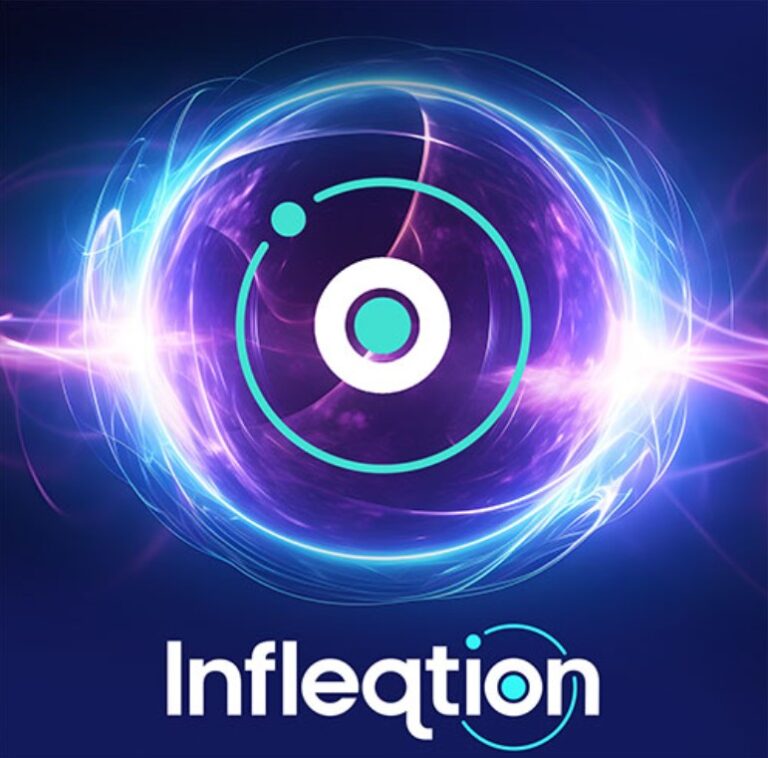Quantum Computing Changes the Equation Completely
The Scramble for Post-Quantum Cryptography Read More… + “Today’s encryption methods are excellent, but we are reaching an inflection point,” says Chris Peikert, an associate
The Scramble for Post-Quantum Cryptography Read More… + “Today’s encryption methods are excellent, but we are reaching an inflection point,” says Chris Peikert, an associate
Bringing Atoms to a Standstill: NIST Miniaturizes Laser Cooling Illustration of a new optical system to miniaturize the laser cooling of atoms, a key step
Brandi Vincent’s synopsis shows just how far the Trump Administration has been able to take a previously whimpering U.S. Government quantum science effort. Recommend reading
Error-Prone Quantum Bits Could Correct Themselves, NIST Physicists Show Novel error-correction approach could address a long-standing issue with quantum computers. This artist’s conception simplifies the
Kudelski Security Expands Research and Advisory Services to Quantum Security New Report Highlights Increased Need for High-Level, Long-Term Security Assurance of Sensitive Data Cheseaux-sur-Lausanne, Switzerland,
Defending against the cryptographic risk posed by quantum computing Read More… + The National Security Agency is responsible for protecting NSS against quantum computing risks.
Always good to take a step back and look at the basics. Recommend reading from the source, below. Because Quantum is Coming. Qubit What is
Recommendation for Stateful Hash-Based Signature Schemes: NIST SP 800-208 Read More [PDF]… NIST announces the release of Special Publication (SP) 800-208, Recommendation for Stateful Hash-Based Signature Schemes. This
NIST’s post-quantum cryptographic efforts only go so far; while producing secure post-quantum computing algorithms, some cryptographic applications are left hanging. One concern is “…for software that relies on a sealing API to operate securely, there is no immediate post-quantum secure alternative to migrate to.”
Recently, Microsoft made virtual private networks (VPNs) and post-quantum cryptography (PQC) cryptosystem experimentation available for public study. Making use of the widely acclaimed OpenVPN software, MS combined OpenVPN with a PQC kit. The present iteration only protects data tunneling between the client and the VPN server with purportedly PQC-safe encryption algorithms. As data exits this trusted network onto the internet (public), classical cryptography takes over the encryption, increasing risk to the data’s confidentiality. The MS project complements the Open Quantum Safe project and NIST’s Post-Quantum Cryptography endeavors. Read on for further detail.




